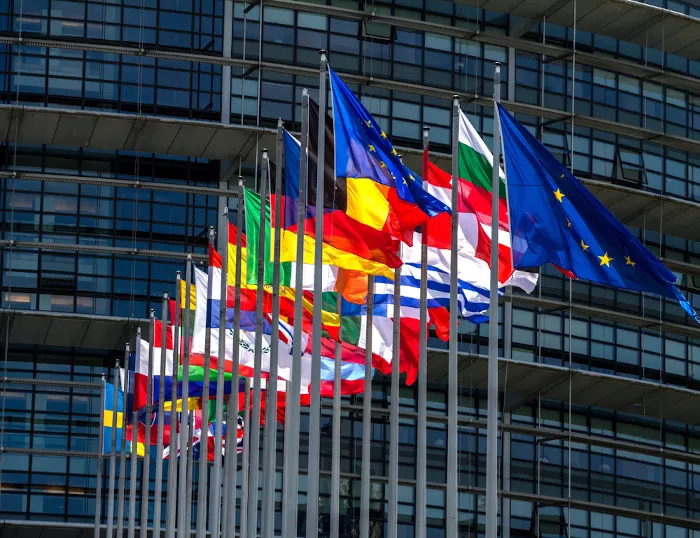Image: mundoeducacao.uol.com.br
By Radio Angola
Brussels, 10 June 2025
The European Commission has officially added Angola to its updated list of high-risk third countries with strategic deficiencies in their anti-money laundering (AML) and counter-terrorist financing (CTF) regimes. The move is part of the EU’s broader strategy to protect the integrity of the European financial system and strengthen the global response to illicit financial flows.
The revised list, announced on June 10, aligns closely with the findings of the Financial Action Task Force (FATF) and reflects growing concerns about Angola’s progress in implementing effective AML/CTF controls.
“Criminals and terrorists exploit weaknesses in the financial systems of certain countries. Today’s updated list strengthens the EU’s financial defenses by flagging jurisdictions with serious gaps in their safeguards,” said a statement from the European Commission.
What the Listing Means:
Inclusion in the EU’s high-risk list carries immediate regulatory implications. Under the EU Anti-Money Laundering Directive (AMLD), financial institutions operating in the EU are required to apply enhanced due diligence measures when engaging with individuals or entities from listed countries. This includes stricter customer verification procedures, closer monitoring of transactions, and heightened scrutiny of business relationships with Angolan institutions or clients.
Why Angola Was Added:
Angola was listed due to strategic deficiencies in its national AML/CTF framework. According to the European Commission and FATF assessments, the country has not made sufficient progress in addressing key vulnerabilities in its regulatory and enforcement systems. The decision reflects concerns over limited transparency in beneficial ownership regimes, weak financial supervision mechanisms, inadequate enforcement of financial crimes, and systemic corruption risks.
Global Context:
Angola joins nine other jurisdictions newly added to the EU’s list, including Kenya, Namibia, Côte d’Ivoire, Laos, Lebanon, Nepal, Venezuela, and Malta. Meanwhile, four countries — Barbados, Gibraltar, Panama, and the United Arab Emirates — have been removed due to substantial progress.
What Happens Next:
The revised regulation will be submitted to the European Parliament and the Council for scrutiny. If no objections are raised within one month, extendable to two, the regulation will come into force.
Path Forward for Angola:
To be removed from the list, Angola must demonstrate full implementation of AML/CTF reforms, effective functioning of regulatory and judicial systems, and tangible results in prosecuting financial crimes. This listing presents both a challenge and an opportunity for Angola to restore credibility in the global financial system.
The EU’s decision is a call to action for Angola to intensify its efforts to combat financial crime, strengthen institutional frameworks, and ensure transparency and accountability at all levels of its financial system.

